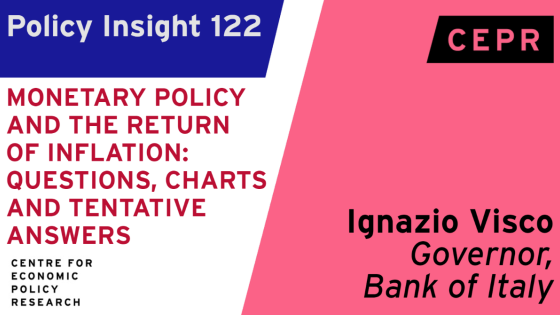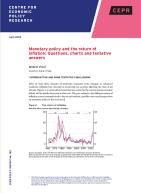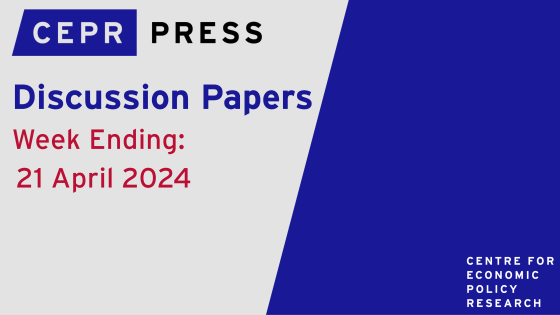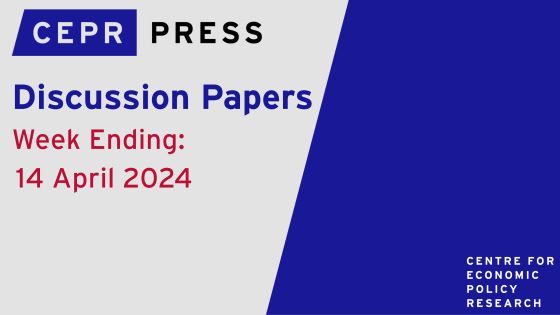The Policy Insight shows that supply side factors continue to be the main driver of both headline and core inflation in the euro area, unlike the demand side factors primarily affecting price acceleration in the US. Analysing the policy response in the euro area, Visco suggests that it has been sufficiently cautious, given the extreme uncertainty caused by the pandemic, the invasion of Ukraine and the subsequent rise in energy prices. The claim that the ECB responded too late to the acceleration in consumer prices, therefore, is considered disputable. Monetary tightening, meanwhile, was effective in light of the marked increase in financing costs for households and firms as well as the sharp deceleration in money and credit. However, there is a need for prudence when determining the future path of monetary policy, considering the likely lag effects of interest rate hikes.
The Policy Insight stresses the importance of striking the right balance between the risk of a too-gradual recalibration and that of an excessive tightening to prevent more persistent inflation sustained by demand factors. In line with the ECB’s symmetrical price stability objective, equal weight should be given to both risks. In this perspective, a data-dependent approach to future policy rate decisions should play a crucial role, considering the elevated level of economic and financial uncertainty.
The Policy Insight highlights the risks to financial stability and the need to monitor the risks of adverse financial amplification effects, emphasising that central banks have the tools to deal with potential stress in the financial system without deviating from the objective of bringing inflation back to target. Visco stresses that the return to price stability and the anchoring of inflation expectations will greatly benefit from fiscal policies, negotiations between workers and firms, and business pricing policies operating in the same direction as monetary policy. Additionally, it is essential to closely monitor developments in all the variables that may trigger second-round effects. A meeting-by-meeting, data-dependent, and cautious approach remains the best strategy.
Overall, the Policy Insight is a valuable contribution to the current debate on inflation and provides insightful analysis and recommendations on monetary policy in the euro area.
*The views expressed in this Policy Insight are those of the author, and do not represent those of the European Central Bank.



